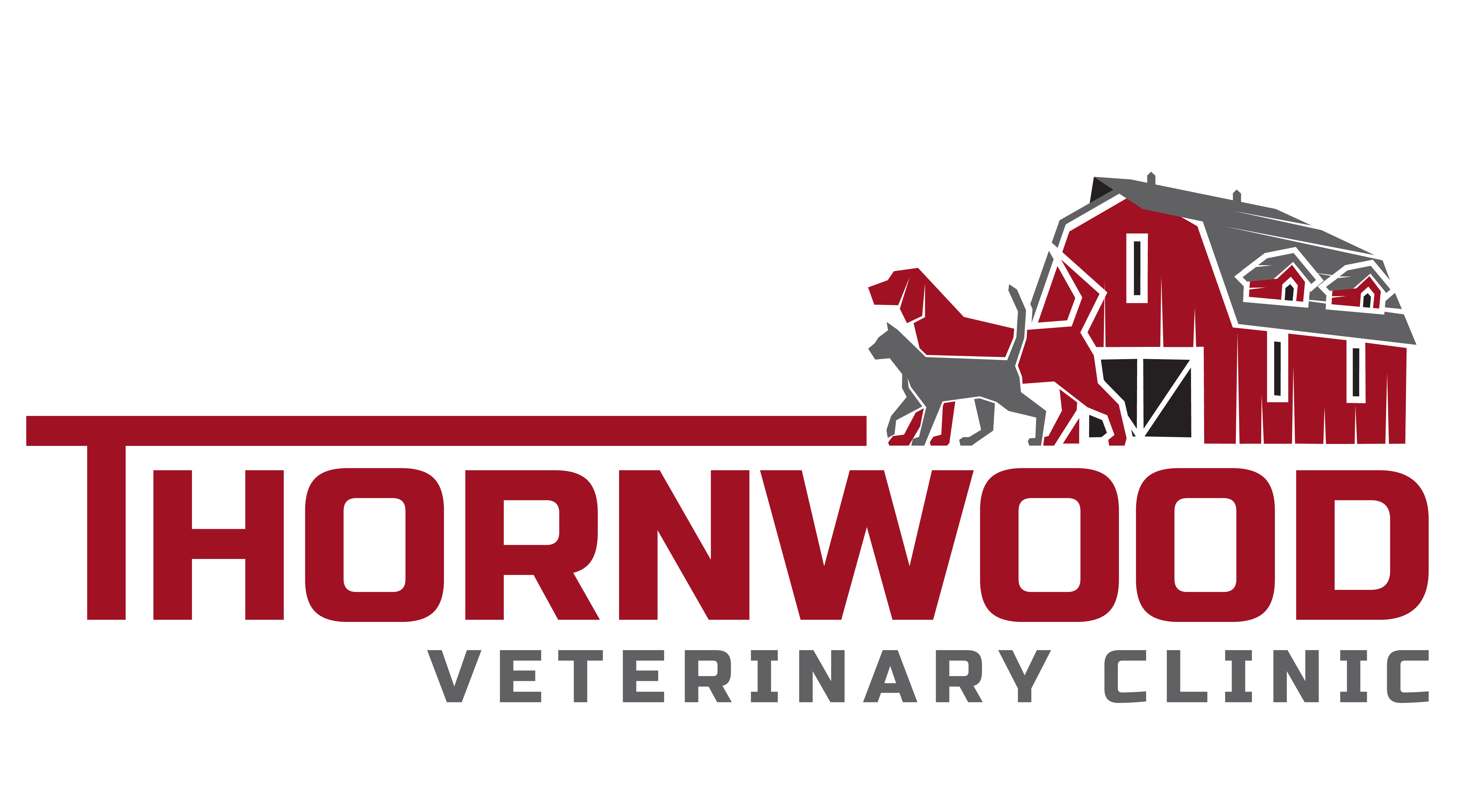Unveiling Possible Dangers: Common Pet-Transmitted Diseases
Diseases that can be transmitted from animals to humans, known as zoonotic diseases, are more frequent than you might believe. Keep up with your pet’s preventive care to avoid catching numerous illnesses, even if they seem fine on the outside.
How can my pet pass diseases to me?
There are multiple routes by which pets might spread bacteria and viruses to humans:
- Direct contact — Direct contact with saliva, blood, urine, feces, or other bodily fluids from an infected pet can result in the transmission of disease. If you clean up your pet’s accident inside, or they lick a sore on your leg, you can contract an illness.
- Indirect contact — Indirect disease transmission occurs when you come in contact with something an infected pet has contaminated. For example, if your child digs in their sandbox after a stray cat has used it as a litter box, they may contract a roundworm infection.
- Vectors — Vectors, like ticks and fleas, can be attracted to your pet and be carried indoors to bite and transmit disease to you.
- Food — Undercooked meat, eggs, or raw fruits and vegetables contaminated with feces from an infected pet are some of the most common causes of foodborne illnesses in people and their pets.
- Water — Drinking or coming in contact with water contaminated with feces or urine can result in diseases such as giardia or leptospirosis being passed to you.
- Bacteria (leptospirosis, salmonella, E. coli, tick-borne disease, cat scratch disease)
- Viruses (rabies)
- Fungi (ringworm)
- Intestinal parasites (roundworms, hookworms, tapeworms, giardia, toxoplasma)
- External parasites (scabies, fleas, ticks)

